What changes set in in psychiatry after the 1944 communist coup in Bulgaria and how did the communist ideology alter treatment and the way patients were dealt with? What were the clinical practices and what political malfeasance did the regime make use of in the domain of psychiatry against dissidents and free-thinkers? These are the questions young American Fulbright scholarship researcher Julian Chehirian looked into in his study of the social history of psychiatry and psychotherapy in the People’s Republic of Bulgaria.
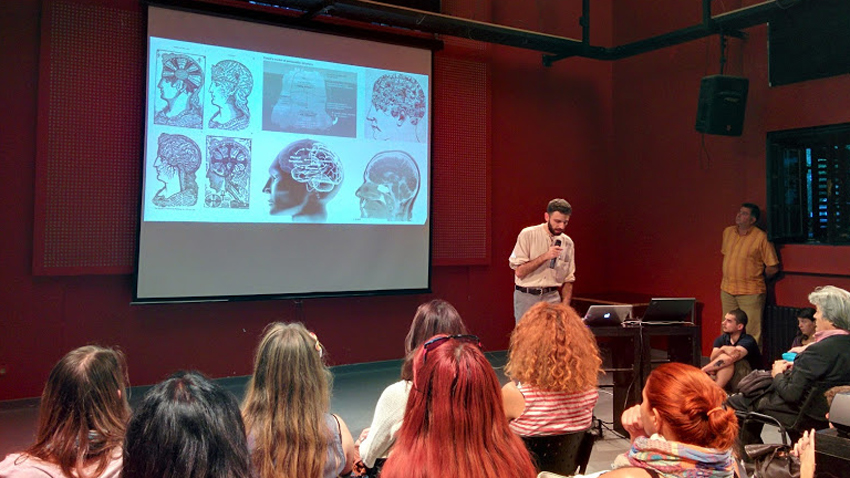
On 24 September, at the Red House, he presented to the Bulgarian public the emerging tendencies in his study, based on archives and interviews with medical staff from the time of communism. His work was primarily targeted at the results of the post-1944 Soviet methods of treatment, hyper medication, ideologization and institutionalization of mental problems.
We asked Julian Chehirian what triggered his interest in this sphere?
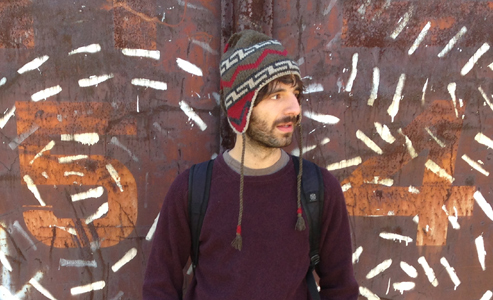
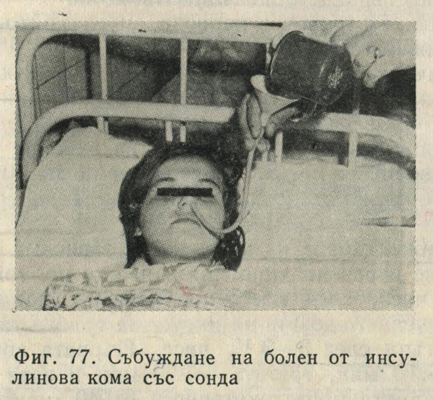
Psychotherapy and analysis were regarded as a threat to socialist society, but in the 1970’s a group of psychologists and psychiatrists emerged with an interest in individual therapy and psychoanalysis. They were forced to practice these methods covertly, in the guise of the official group therapy.
“They started to practice individual therapy in secret, after hours. This took place at a children’s clinic, where they would meet with adults. The group emerged after the so-called Danube symposiums which fueled the interest of Bulgarian doctors in group therapy. This new form was easier to work into the communist ideology as it regarded the individual as part of the collective whole.”
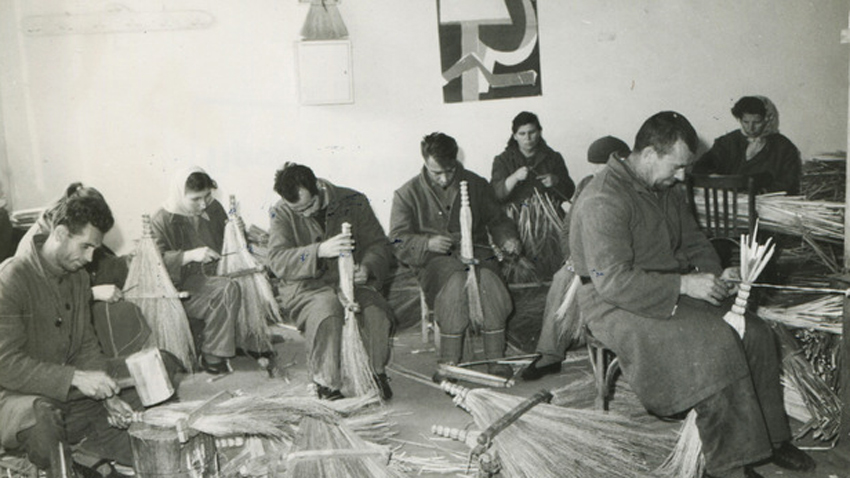
Work therapy was one of the methods that marked psychiatric practice during communism. Officially, it was ridiculed in USA as a punishment the communists imposed on mental patients. But of course, that was not so, Chehirian says. A study conducted in Vermont among hospitalized schizophrenia patients shows that work therapy is an efficient way of creating an environment for individual patients to work as a team. During his studies Julian discovered instances of the regime’s political malfeasance, using psychiatry. Here is one example:
“Prof. Milenkov goes back to a practice that is highly indicative of the regime’s political malfeasance, using psychiatry. When high-ranking diplomats from the west came to visit, a police van would drive through the streets of the cities and pick up from streets and parks all people who looked like social misfits or whose behaviour seemed indecent. The policemen would herd them off to the psychiatric wards – they were said to be mentally deviant and needed to be diagnosed. While doctors were conducting tests days would pass – time enough for the big-shot diplomats to get to know Bulgaria and go home with wonderful impressions of the socialist urban environment,” says Julian Chehirian.
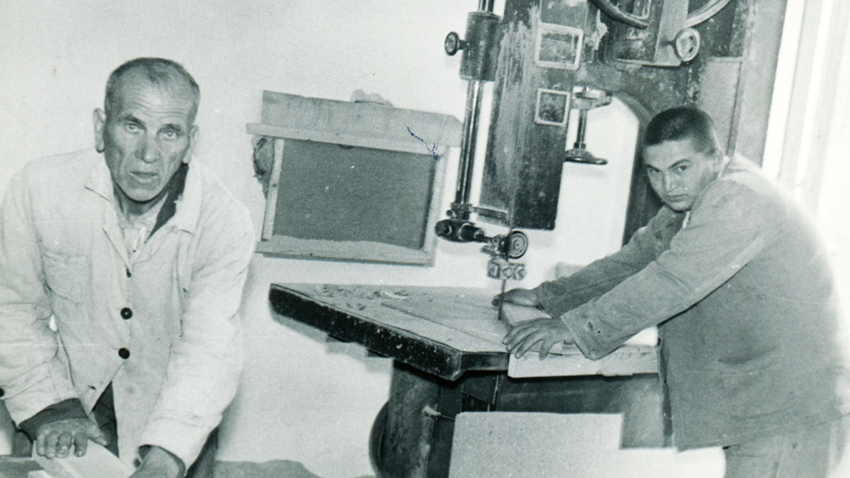
Finally, the young researcher cautions: “Ideology is important but it should not be forgotten that it is a lid, whereas psychiatry is practiced by people. It would be naïve to think that communism was a vacuum with no experiments, innovations or conflicts.”
English version: Milena Daynova
The exhibition at the Red House is on until October 9.
The opportunities for high-quality higher education in French in Bulgaria will be presented during an educational exhibition in Skopje. The event is part of the campaign "Continuons en français - let's study in French in Bulgarian..
April 8 is the day when Roma people around the world celebrate their identity. " International Roma Day is a time to show that we are part of the Bulgarian nation, of the European community and contribute to the development of local, but also global..
Every Bulgarian school abroad has its own story, and that of the Rodna Stryaha Bulgarian school in Cyprus began in 2015. Its foundations are built on the dream of a Bulgarian teacher - when one day Bulgarian children decide to return to their..
Shortly after the opening of the motorcycle season in Sofia at the end of March, Bulgaria's capital city will host the country's largest motorcycle..
Since its establishment on April 11, 2022, the Institute for Computer Science, Artificial Intelligence and Technology – INSAIT has..
Romanian police and military personnel worked as mercenaries in Congo According to a report by the Romanian Ministry of the Interior, 11..

+359 2 9336 661
